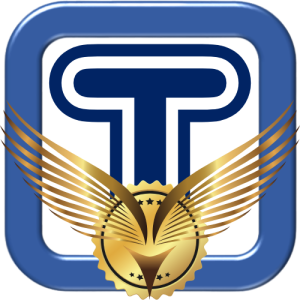In the awe-inspiring journey of space exploration, a new guiding star has emerged to illuminate the path ahead: Artificial Intelligence (AI). As we venture into the cosmos with AI as our trusty navigator, we find ourselves on the cusp of a transformative era that promises to redefine the essence of exploration.
The integration of AI in space missions transcends mere innovation; it embodies the synergy of human ingenuity and machine intelligence, amplifying our capacity to probe the unknown. The cosmic realm has always captivated human imagination, propelling us to venture beyond earthly boundaries. Now, with AI as our co-pilot, we are poised to achieve feats previously deemed unattainable. AI and space exploration is no longer a futuristic concept; it’s a tangible reality that has permeated our missions and objectives. AI’s significance in space exploration cannot be overstated. Its ability to analyze vast datasets, recognize patterns, and adapt to unforeseen challenges is indispensable in deciphering the enigmas of the cosmos. The keyword here is adaptability—a trait inherently present in AI systems that enables them to thrive in space’s harsh and unpredictable conditions. By leveraging AI, we are not merely conquering the cosmos but partnering with it in a dance of discovery.
AI is at the heart of these groundbreaking missions, from autonomous rovers on distant planets to satellites charting the depths of the universe. AI’s unparalleled precision empowers spacecraft to navigate complex terrains, collect invaluable data, and make real-time decisions that are instrumental in the success of these exploratory endeavors. However, as we embrace the boundless potential of AI in space exploration, we must also acknowledge the ethical considerations that arise. The keyword “responsibility” takes center stage. Ensuring that AI systems adhere to ethical guidelines, respect celestial environments, and prioritize the integrity of scientific exploration is of utmost importance. The synergy between human expertise and AI capabilities demands a harmonious balance that steers us toward a future where innovation and ethics intersect.
In closing, the symbiotic relationship between AI and space exploration is a journey of constant evolution. As we continue to make strides in understanding the cosmos, let’s keep the keywords “curiosity,” “collaboration,” “innovation,” “precision,” “adaptability,” “responsibility,” and “discovery” at the forefront of our endeavors. It’s not just about reaching distant horizons; it’s about charting a course that enriches our understanding of the universe and our place within it.



